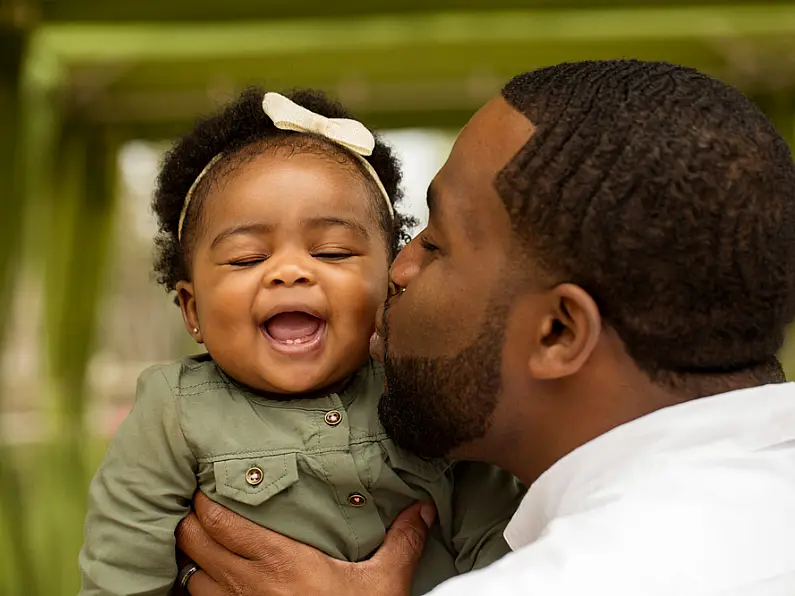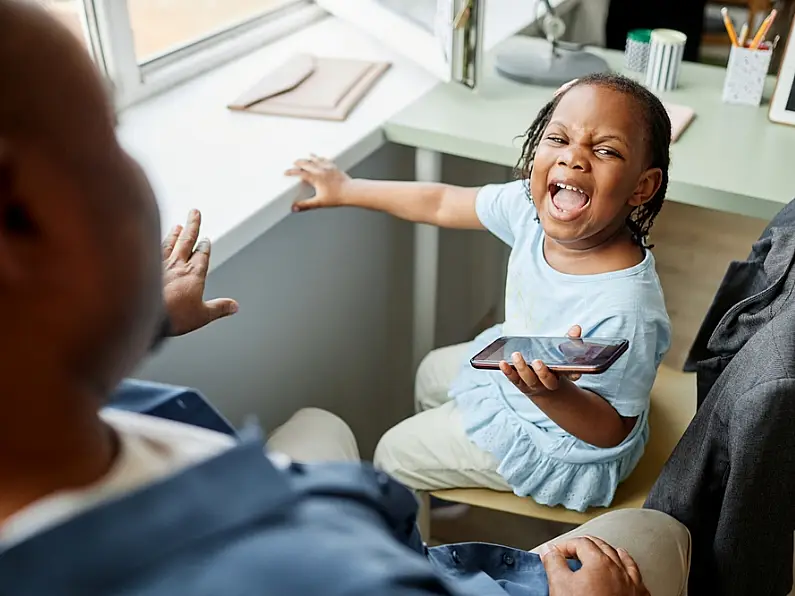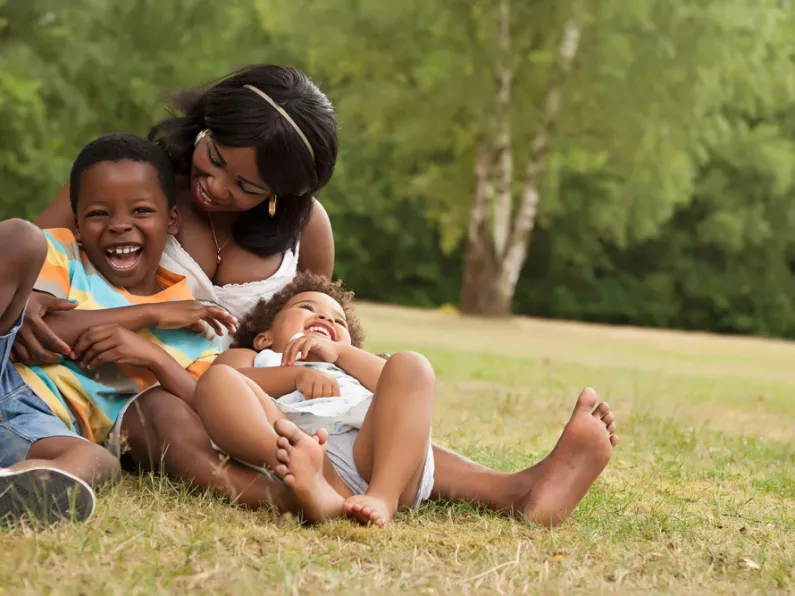Navigating the sex talk with children is an important part of parenting, but it can also be a daunting task.
We live in a hypersexual culture where there is still so much stigma and taboo around healthy and proper sex education, as well as an uncomfortably high rate of incest and sexual predatory behavior.
But I firmly believe it is imperative to have these conversations with our children, not only for their own body autonomy and knowledge, but also for their protection.
Many parents struggle with how to broach the topic with their children, and may feel uncomfortable or embarrassed about discussing such a sensitive subject.
Navigating the sex talk with children
However, having open and honest conversations about sex with your kids is crucial for their development, wellbeing and safety.
When my own toddler expressed curiosity on this topic, I was avoidant and it stumped me for a couple months before I answered her.
Every time it would come up I would feel so conflicted and I began to realize that I still unconsciously was holding on to shame and misconceptions around the sex word.
In this article, I hope to shed light on the importance of having these healthy and productive conversations and to provide some tips and guidance for talking to our children about sex in a way that is informative, age-appropriate, and respectful.
Start early
A common question is when should parents or guardians speak to their kids about sex education. It's never too early to start talking to your kids about sex. Even young children are naturally curious about their bodies and how they work. For me, it starts as early and simple as naming body parents appropriately, guided by the questions of my child. For context, she was three years old when her curiosity for where babies came from started. By starting the conversation early, you can help establish a healthy and open attitude towards sexuality. Use age-appropriate language to explain basic concepts like body parts, reproduction, and differences between boys and girls. As your child gets older, you can gradually introduce more complex topics like puberty, contraception, and consent.
Be honest and accurate
When talking to your kids about sex, it's important to be honest and accurate. Children can sense when you are being evasive or dishonest, which can erode their trust in you. Provide factual information that is age-appropriate and grounded in science. Avoid using euphemisms or vague language, as this can lead to confusion, misinformation and room for ambiguity. Living in the Caribbean, it's not uncommon to hear parents refer to your penis or vagina as ‘yuh butterfly’, ‘yuh coco’, or ‘pinky’ among countless other frivolous party names, and while this may appear fun and kid-friendly, it actually leaves room for manipulation and unsafe games from predators. It is for this reason that we should use anatomically correct body part names and calmly but seriously discuss what unsafe adults would ask and what a safe adult would ask. Model the language and show them what is a good touch and bad touch etc. And remember parents, if you are not sure about something, be honest and tell your child that you will look it up together.
Create a safe and comfortable environment
Talking about sex can be uncomfortable for both parents and kids. Creating a safe and comfortable environment can help make the conversation easier. Choose a time and place where you and your child can talk without distractions or interruptions. Show that you are willing to listen and answer any questions your child may have. Make sure your child knows that they can come to you with any questions or concerns about sex, and that you will provide them with accurate information and support.
Emphasize values and boundaries
Talking to your kids about sex is not just about providing information – it's also about instilling values and boundaries. Teach your child about respect, consent, and healthy relationships. Emphasise that sex should be consensual and safe, and that they have the right to say no to unwanted sexual activity. Discuss the importance of respecting others' boundaries and privacy, and teach them to recognize and report any abusive behavior.
Use resources
There are many resources available to help parents talk to their kids about sex. You can find books, websites, and videos that provide age-appropriate information and guidance.Don't be afraid to seek out resources or support if you need it.
In conclusion, talking to kids about sex is an important and necessary part of parenting.
By starting the conversation early, being honest and accurate, creating a safe and comfortable environment, emphasizing values and boundaries, and using resources, you can help your child develop a healthy and respectful attitude towards sexuality.
Remember. every child is different, and the conversation will look different for every family.
Keep an open mind and be willing to adapt as your child grows and develops.







